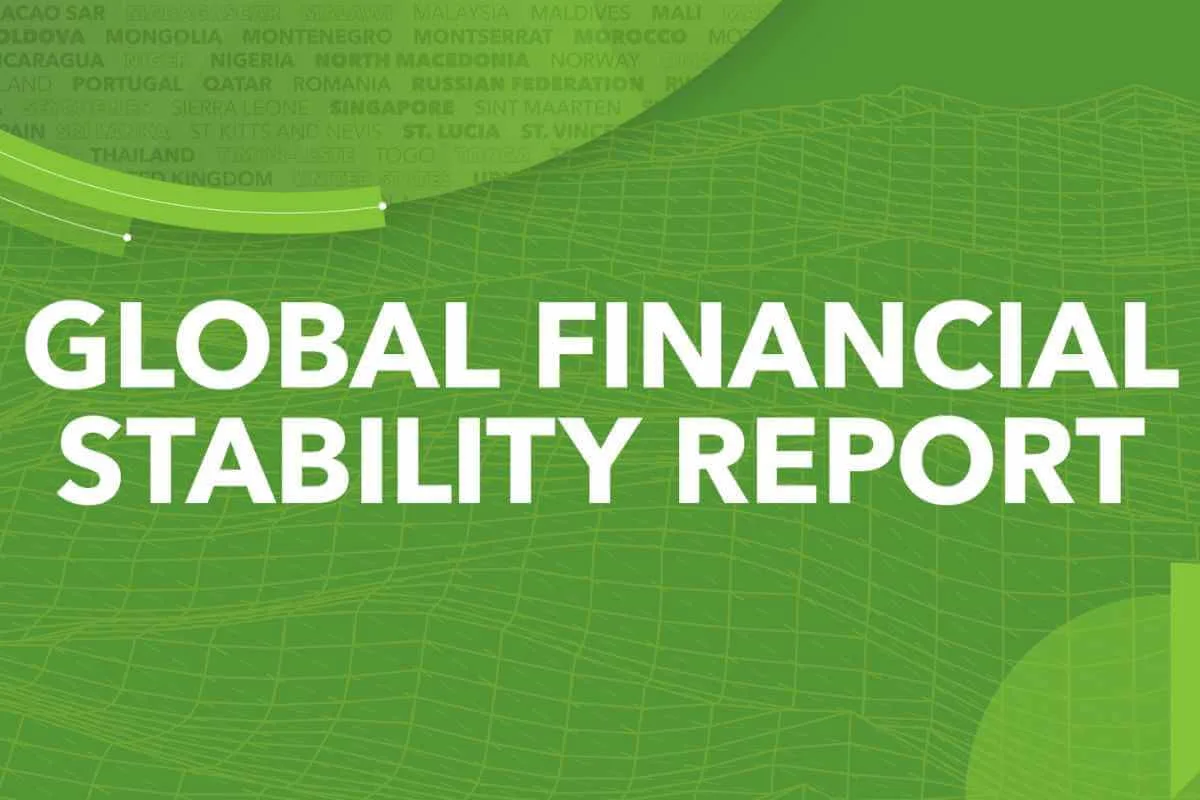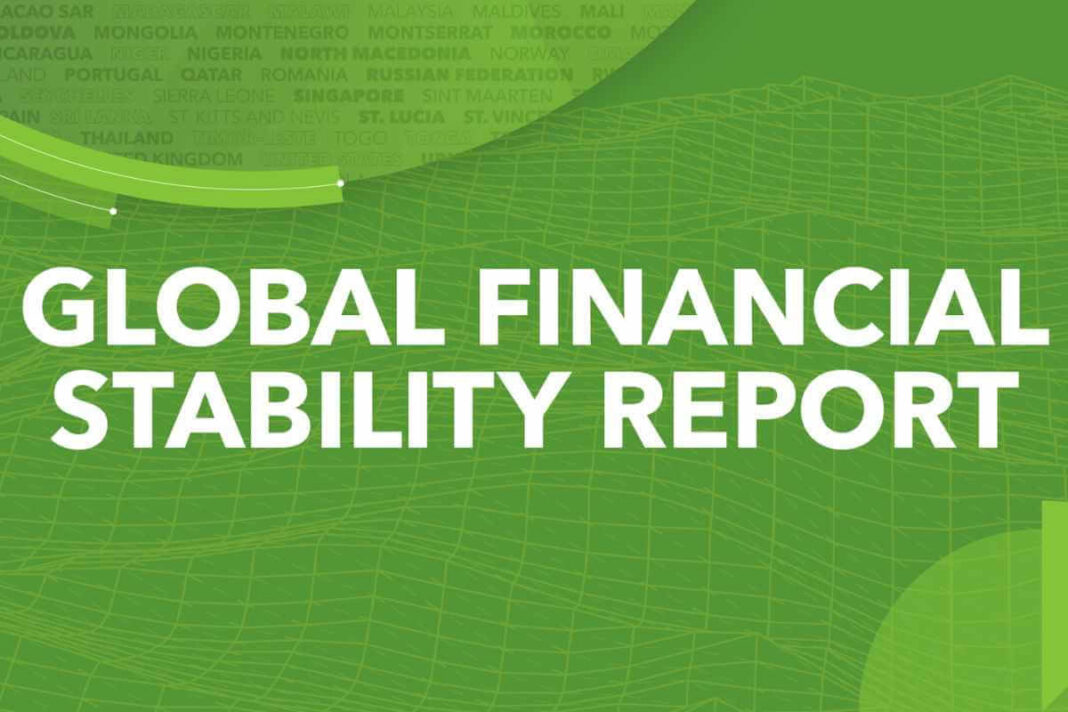In Short:
The IMF’s latest Global Financial Stability Report discusses AI’s role in finance, highlighting both benefits and risks. AI can improve risk management and trading but may also increase market volatility and cyber risks. AI’s rapid data processing enhances efficiency, yet raises concerns about market transparency. The report calls for updated regulations to manage these challenges while promoting innovation in financial markets.

The International Monetary Fund (IMF) has released its latest Global Financial Stability Report, which underscores the dual implications of adopting artificial intelligence (AI) within financial markets. The report stresses both the significant advantages that AI can bring as well as the accompanying risks. The IMF highlights its engagement with a broad array of stakeholders—including investors, technology providers, and market regulators—to illustrate how financial institutions are leveraging AI advancements for capital market activities and to assess the potential impacts of this integration.
AI in Finance
The report identifies that AI has the potential to improve risk management and enhance liquidity within trading activities. However, there are concerns that it could also lead to a decrease in market transparency, making monitoring more challenging and increasing susceptibility to cyber threats and market manipulation.
AI’s capability to swiftly process large quantities of data may facilitate more efficient portfolio rebalancing and boost trading volumes, especially within liquid asset classes such as equities and government bonds. Notably, AI-driven exchange-traded funds (ETFs) exhibit significantly higher turnover rates than traditional funds, which could result in a more liquid market environment.
Risks Associated with AI Integration
Despite its advantages, the report cautions that the integration of AI into trading strategies may heighten market volatility. Historical incidents, like the May 2010 “flash crash,” demonstrate how automated trading algorithms can lead to abrupt price fluctuations. The advancement of AI could intensify these risks, particularly during periods of market distress when herd-like behavior may become prevalent.
Nonetheless, the utilization of AI in the financial sector is still relatively new. Evidence of this is reflected in patent filings: “Since the emergence of large language models (LLMs) in 2017, the proportion of AI content in patent applications related to algorithmic trading has surged from 19 percent in 2017 to over 50 percent annually since 2020, indicating a forthcoming wave of innovation in this field,” as noted by the IMF in a blog post.
Adaptive Regulatory Frameworks
As nonbank financial intermediaries, such as hedge funds, increasingly adopt AI technologies, the report emphasizes the need for evolving regulatory frameworks. It recommends that financial authorities bolster volatility response mechanisms, including the implementation of circuit breakers, and enhance oversight of nonbank institutions. This should encompass requirements for transparency concerning AI-related practices and an analysis of the interdependencies between data and technology.
The IMF concludes that in light of AI’s progressive role in finance, a balanced regulatory strategy is crucial for harnessing its advantages while effectively addressing the associated risks, as outlined in the chapter titled ‘Advances in Artificial Intelligence: Implications for Capital Market Activities’ from the October 2024 Global Financial Stability Report.





